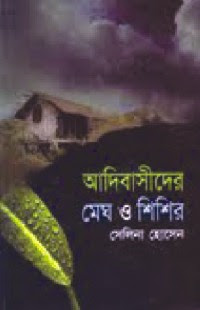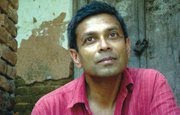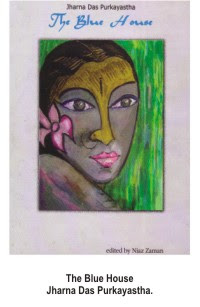Translation of Cease Fire from Selina Hossain's Fugutive Colours
Ceasefire Taherun asked her husband, "What are you doing, Bir Pratik Nuruddin? Are you ready to have your lunch now?" "What have you prepared?" "Lafa greens and shidol bhorta, mashed dried fish." "Yes, I'll eat now. Serve the rice." Nuruddin's face brightened at the thought of food. He smiled with a childlike enthusiasm. It was hard to imagine this man as a fierce freedom fighter. From all around, the villagers came to see him when he returned home a victorious hero. People were overwhelmed by his achievements. He was awarded the title of "Bir Pratik." Everyone started addressing him as "Bir Pratik Nuruddin." Gradually everyone except Taherun gave up calling him by that name. Now and then she called him "Bir Pratik Nuruddin" to remind him of his glorious past. He felt both joy and pride at this. He was a poor man. He didn't have much to pride in, no money, no wealth. His honour was his only asset. The mem...







